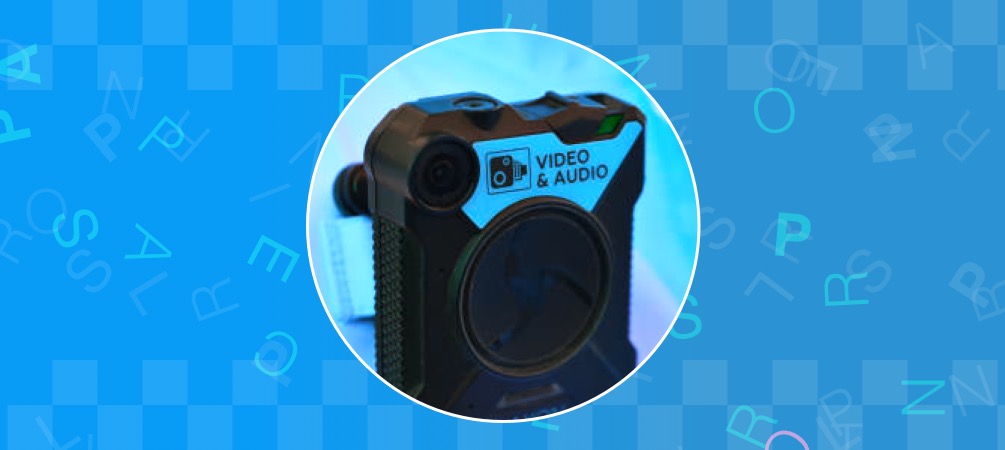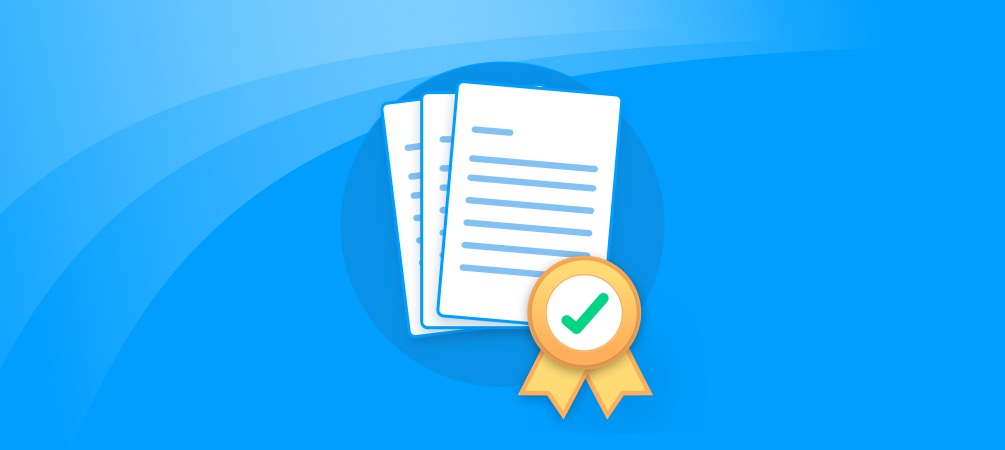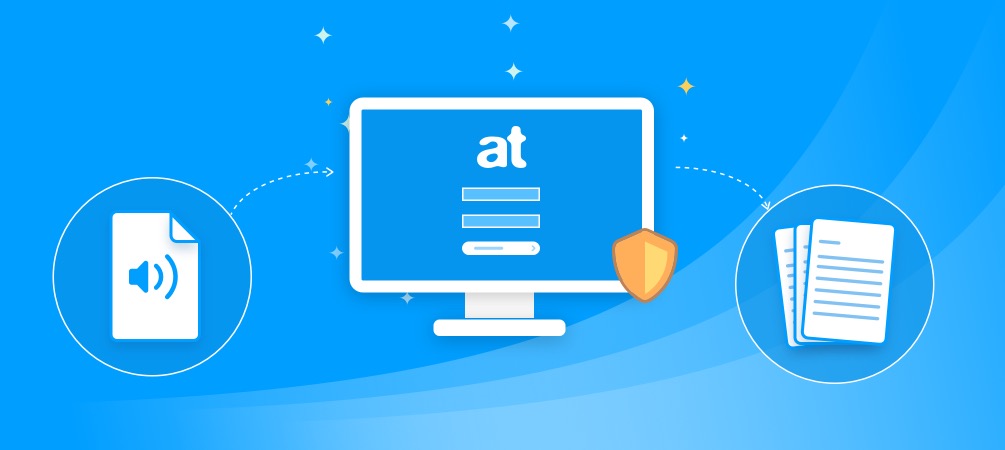What is Transcription?
Transcription is the art of faithfully converting live conversations, audio recordings and videos into written form. Transcription services provide a full and accurate written record that can be easily referred to as and when needed.
Who needs transcription services?
Transcription is needed for a wide range of services, across many different sectors. Some of the more common applications for transcription include:
Police transcription
Transcripts of interviews conducted by the police are in very high demand. For example, Achieving Best Evidence (ABE) interviews with children and vulnerable adults and those conducted under caution in accordance with the Police and Criminal Evidence Act 1984 (PACE). The highest level of detail is required when dealing with transcripts of police interviews, as well as the ability to accurately transcribe often upsetting material.
Legal transcription
Witness evidence, legal argument, judgment and discussion after judgment are some of the key steps when considering legal transcription. Due to the time-frames and nature of the transcripts, court transcription often needs to be expedited too, helping to the keep important hearings on track.
Witness transcription
Witnesses play a crucial part in police investigations and court hearings, whether the cases are criminal or civil. The same can be said for inquests and public inquiries. Transcription of witness evidence is often used for appeals and so the skill of the transcriber is vital. These transcripts will be scrutinised by legal teams and judges. Suffice to say accuracy and clarity are high on the agenda.
Property transcription
Used by estate agents, letting agents, property managers, surveyors and many other property sector professionals, transcripts can have various uses. Some of the more common ones include homebuyer reports, building survey reports, inventory reports, check-ins and check-outs, schedule of works and schedule of dilapidations.
Meetings transcription
Round table discussions, Q&A sessions, disciplinary hearings and other HR meetings can all be transcribed to make sure everyone remains on the same page, with nothing left to chance. No matter how many people are talking at once, a written transcript will help to clarify all that was said and ensure that action points can be taken away and completed.
Research transcription
Academic, medical and qualitative market research are among some of the different types of research transcription available. One-to-one interviews, telephone interviews, web chats and large focus groups can all be accurately transcribed.
Are there different types of transcription?
Depending on the overall use and any specific requirements for the finished transcript, different types of transcription services will be more appropriate than others. Let’s explore some of the most popular types available:
Full verbatim
The most complete type of transcription, full verbatim provides complete accuracy to the original conversation or recording.
Full verbatim transcription offers word-for-word accuracy, detailing all filler words, any breaks in speech, external noises and sounds. Even the slightest of verbal cues are recorded, giving the most precise transcription possible.
Thanks to the level of detail and accuracy, full verbatim is often used for legal matters, including court hearings, inquests, public inquiries, police interviews and witness statements.
Clean verbatim
This type of transcription service leaves the conversation untouched, however it strips out filler words such as ‘like’, ‘you know’ and ‘erm’. External noises and sounds are left out too.
That makes it ideal for meetings and business communications, where these added details would complicate the transcript and wouldn’t offer any benefits to the reader.
With clean verbatim, it’s easy to search documents for keywords and quickly find the relevant pieces of information.
Intelligent verbatim
With intelligent verbatim, you’ll get a version of clean verbatim taken to the next level. As well as the removal of filler words and other noise, grammar is also improved and the whole transcript is polished up to make for a more readable document. If a transcript is going to be published, intelligent verbatim is the best option.
Thanks to many readability enhancements, intelligent verbatim is often the preferred choice when a document needs to be precise and accurate, whilst remaining clear and understandable. For example, academic transcription and medical transcription are two of the most common uses for intelligent verbatim.
For more information on Verbatim Transcription, this article explains all.
How much do transcription services cost?
Transcription services can vary in cost depending on a variety of factors. The type of recording, whether it’s audio or video, how long the recording is and whether a quick turnaround is needed are just some of the things to consider when obtaining prices for transcription services. You’ll often find discounts available for bulk work too.




